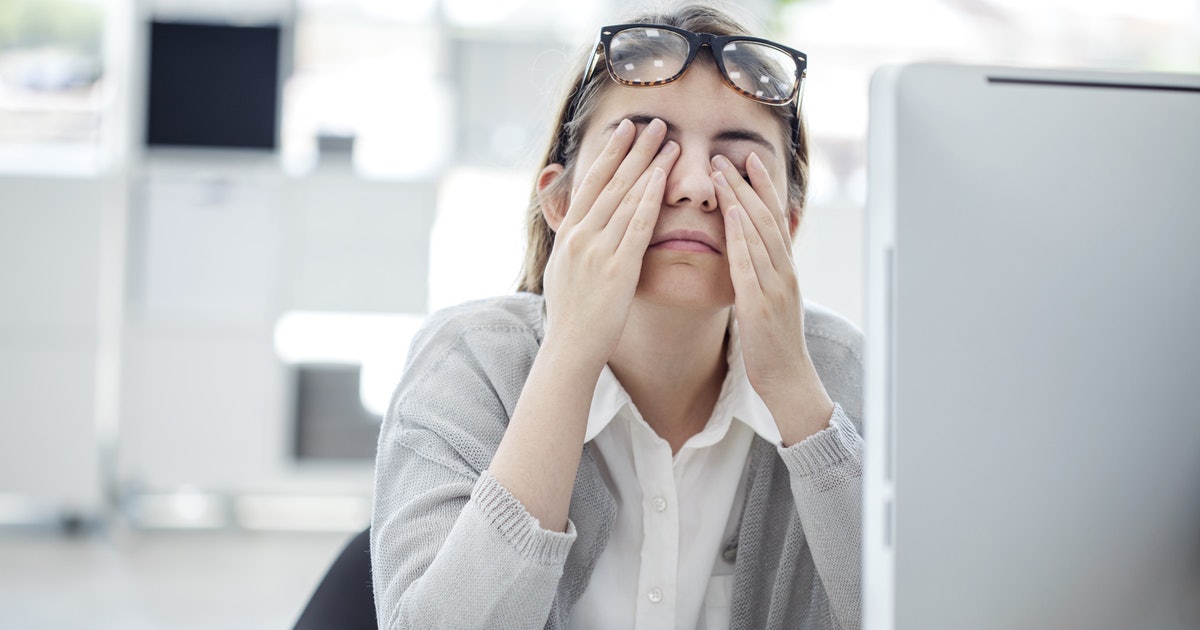Guide To The Warning Signs Of Seasonal Affective Disorder (SAD)
Seasonal affective disorder (SAD) is one of several types of depression. With this condition, an individual's mood changes are related to the changing of the seasons. Someone with seasonal affective disorder will begin experiencing symptoms at about the same time every year, and their symptoms will alleviate at the same time as well. Most seasonal affective disorder patients experience depression during the winter, when the nights are longer than the days. However, some cases cause depression in the spring or summer.
Many treatments for seasonal affective disorder are also common depression treatments. Thus, patients can take medication for depression to treat their symptoms. Psychotherapy for depression is also an option for seasonal affective disorder. Certain alternative therapies for depression may also be used. Other common treatments include light box therapy for depression. Patients will need a special seasonal affective disorder lamp for this method. Of course, treatment should begin with identifying the symptoms.
Issues Concentrating

Seasonal affective disorder can lead to severe issues concentrating. Like other types of depression, it can inhibit an individual's ability to focus and absorb information. Concentration issues can have a noticeable impact on the job performance of adults who work regular hours. The problems can be even more pronounced in teenagers. Adolescents need to maintain a high level of concentration to keep up with their schoolwork. Not only do they need to pay attention in class, but they also have to finish all of their outside-of-class work. Students with seasonal affective disorder often have low grades and missing assignments. They may perform well during the first few months of school, and then their performance may wane as winter begins.
A lack of motivation and trouble connecting to work is a classic sign of depression. Patients might struggle to complete normal day-to-day tasks and keep up with household chores. They might find themselves putting forth less effort in areas of their life at which they usually work hard.
Continue reading to reveal more signs of seasonal affective disorder now.
Low Energy

A lack of energy is often one of the first warning signs of seasonal affective disorder. For some individuals, low energy is their only symptom. The lack of direct sunlight in the winter can make it difficult for the brain to stay awake. Light therapy is used to help individuals wake up by mimicking the brightness of direct sunlight. However, light therapy boxes will not treat vitamin D deficiencies, which are also common contributors to seasonal affective disorder. Vitamin D deficiencies occur when patients do not get enough direct sunlight during the fall and winter.
Most patients with seasonal affective disorder begin to notice a lack of energy or unusual tiredness in the fall months. The fatigue becomes more severe as the days get shorter. Lack of energy is characteristic of all types of depression. The thing that sets seasonal affective disorder apart is that an affected person will only experience the lack of energy during certain times of the year. Unusual fatigue and tiredness is a reason to see a doctor, even if it is not caused by seasonal affective disorder.
Discover more symptoms of seasonal affective disorder now.
